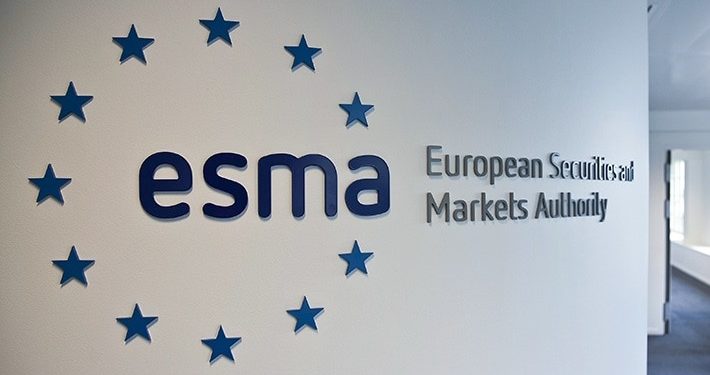Draft Guidelines on Enforcement of Sustainability Information
The Securities and Markets Stakeholder Group (SMSG), an affiliate of the European Securities and Markets Authority (ESMA), releases advice on Draft Guidelines on Enforcement of Sustainability Information (GLESI) to provide support for the implementation of the EU Corporate Sustainability Reporting Directive (CSRD) around EU jurisdictions.
The European Securities and Markets Authority releases a consultation paper on the Draft Guidance on the Implementation of Sustainable Information (GLESI) last year. GLESI is in response to Corporate Sustainability Reporting Directive (CSRD) on regulations of sustainability information disclosure by National Competent Authorities (NCA). Countries will begin applying the Corporate Sustainability Reporting Directive in phases in 2025, with the first batch of companies required to publish sustainability information in January 2025.
Related Post: ESMA Releases Report on Sustainable Development Goals Funds
Introduction to Draft Guidelines on Enforcement of Sustainability Information
The Draft Guidelines on Enforcement of Sustainability Information (GLESI) are based on the Guidelines on Enforcement of Financial Information (GLEFI) implemented in 2014 and will be consistent with GLEFI as much as possible to ensure the supervision and management of sustainable information. GLESI will be applied to the supervision of all listed companies trading in regulated financial markets in the EU. Currently it only applies to large companies, but national competent authorities can apply GLESI to small and medium-sized companies or unlisted companies on a voluntary basis.
ESMA believes that as the sustainable information disclosure framework is updated faster than the financial information disclosure framework, it may put certain pressure on listed companies, and regulators should maintain certain flexibility.

SMSG’s Recommendations on Draft Guidelines on Enforcement of Sustainability Information
The Securities and Markets Stakeholders Group (SMSG) believes that sustainable disclosure is a rapidly evolving topic and stakeholders such as listed companies, asset managers and regulators need to spend a lot of time tracking and complying with sustainability rules. SMSG recommends that ESMA maintain communication with NCA and share regulatory experience on sustainable information disclosure. This communication platform can be chosen as ESMA’s Sustainability Reporting Working Group (SWRG).
Regarding the categories of companies to which GLESI currently applies, SMSG believes that the use of the rules should be clarified for SMEs and unlisted companies to reduce the risk of an unfair competitive environment. At the same time, when translating the European Sustainability Reporting Standards (ESRS) into English and other languages, there may still be risks in using artificial intelligence for translation, which needs to be paid attention to in practical applications.
The Draft Guidelines on Enforcement of Sustainability Information (GLESI) adds the term infringements in the document, which refers to material omissions and misstatements in sustainable information disclosure. SMSG believes that the lack of a consistent definition of material omissions and misstatements will lead to errors in member countries’ implementation of GLESI. SMSG recommends that ESMA develop clearer guidelines in the future.
SMSG also provides a perspective on the Material Departures defined by ESMA in GLESI. GLESI believes that when the sustainable information disclosure of a listed company is significantly different from the requirements of IFRS, it can be considered that there is a major deviation in the disclosure of the listed company.
However, considering the preliminary application of the current sustainable information disclosure rules and the fact that sustainable information auditing is not as mature as financial information auditing, in many cases these deviations should not be used as a charge for listed companies when revising sustainable information. Non-financial information such as sustainability information may contain forward-looking information, while financial information is more based on historical data. Therefore, listed companies that participate in initial reporting should have a certain degree of freedom to revise sustainable information in the future.
Reference:
SMSG Advice on the Draft Guidelines on Enforcement of Sustainability Information (GLESI)
ESG Advertisements Contact:todayesg@gmail.com








